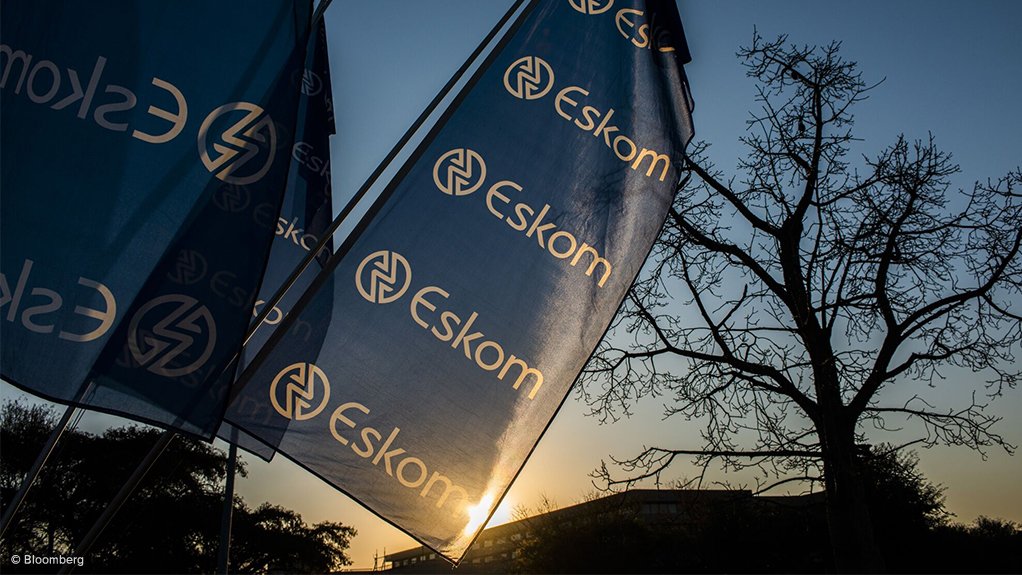Note: This article has been written on the basis of documents provided to the media during the 2025 Budget lock-up prior to the cancellation of the Budget Speech on February 19. The National Treasury has lifted the embargo imposed on the information, but a new Budget is now due to be tabled on March 12.
By March 31, government will have advanced R140-billion in debt relief to State-owned entity Eskom, Finance Minister Enoch Godongwana revealed in the 2025 Budget Review documents, which were made available on February 19.
This represents a reduction of R4-billion from the original amount projected up to this point, owing to the utility’s failure to meet the deadline for the disposal of the Eskom Finance Company.
The 2023 Budget Review announced government’s decision to provide Eskom with debt relief amounting to R254-billion to strengthen its balance sheet, restructure the business and invest in necessary maintenance.
Under the terms of the arrangement, the remaining elements are a R40-billion advance and a R70-billion debt takeover scheduled for the 2025/26 fiscal year.
As the agreement moves towards closure, government has decided, in consultation with Eskom, to simplify the final phase of the debt relief – a change that also reflects some improvement in the utility’s financial position flowing from the interventions to date.
“Our Eskom debt relief arrangements are beginning to bear fruit. Eskom is now in a much better financial position than at the time when the debt relief was originally announced. As a result of these improvements, we have decided to simplify the final phase of the debt relief package,” Godongwana's undelivered budget speech said.
He explained that the final R70-billion debt takeover would now be replaced with two advances amounting to R50-billion: R40-billion in 2025/26 to redeem debt maturing in April 2026 and R10-billion in 2028/29 for debt maturing in May 2028.
Over the five-year period, government will have provided Eskom with loans to the value of R230-billion to assist the utility in repaying its debt. This is about R24-billion less than projected at the outset, reducing the gross borrowing requirement.
“To ensure that we maintain the positive momentum towards fiscal sustainability, the debt-stabilising primary surplus will continue to anchor fiscal policy over the medium term,” Godongwana said.
In accordance with the original agreement, the debt relief provided to Eskom will be converted into government equity over time.
Godongwana said that in the current fiscal year, government’s gross borrowing requirement will amount to R564.4-billion, including payments to Eskom of R80.2-billion – R30-billion lower than the 2024 Budget estimate.
The requirement is also affected by the transfer to government of R100-billion in 2024/25 and R25-billion in each of the two following years from the Gold and Foreign Exchange Contingency Reserve Account, as mentioned in the 2024 Budget Review.
As such, the overall borrowing requirement will decline to R438.7-billion in 2026/27, then increase to R596.6-billion in 2027/28. Domestic and foreign redemptions increase from R172.6-billion in 2025/26 to R303.9-billion in 2027/28. However, Godongwana said that the bond-switch programme would mitigate refinancing risks by spreading redemptions over time.
He said national government debt was expected to stabilise at 76.1% of GDP in 2025/26 – marginally higher than the 75.3% projected in the 2024 Budget – and to decline thereafter.
Foreign-currency debt will average R711.5-billion, or 11% of gross debt, over the medium term, well within the 15% risk benchmark. This exposure is partly offset by foreign-currency deposits, which amounted to $4.6-billion in 2024/25.
Last year, debt stock increased by R424.6-billion. The main budget deficit accounts for 83.7% of this increase, while interest-, inflation- and exchange-rate changes account for the remainder.
The medium-term increase in gross loan debt will be driven by the budget deficit and the financing of the Eskom debt-relief arrangement.
As it stands, Eskom remains the largest guarantee exposure, constituting about 88% of the portfolio. With the implementation of the Eskom debt-relief arrangement, however, the volume of exposure to Eskom has declined.
Notwithstanding, given Eskom’s share of guarantee exposure, the risk from State-owned companies remained elevated, Godongwana said.
EMAIL THIS ARTICLE SAVE THIS ARTICLE ARTICLE ENQUIRY FEEDBACK
To subscribe email subscriptions@creamermedia.co.za or click here
To advertise email advertising@creamermedia.co.za or click here











